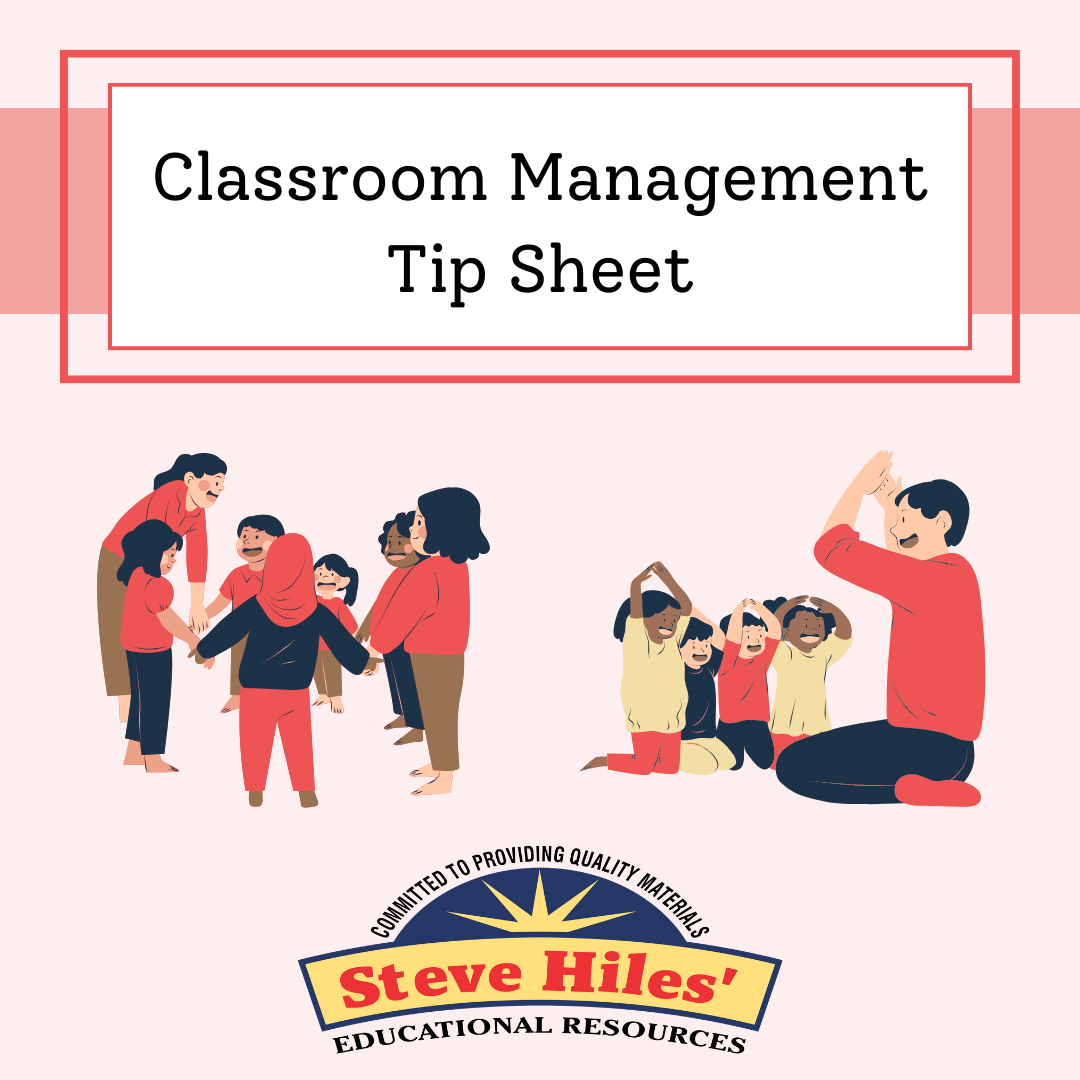Have you ever walked into your classroom, full of enthusiasm, only to be met with blank stares… or worse—total chaos?
I remember my very first week teaching—I thought I had everything in place: rules posted, name tags ready, even a smile from ear to ear. But three days in, one of my students looked me dead in the eyes and said, “You’re not the boss of me.” I froze. I smiled nervously. And that moment? It stuck with me for years.
Here’s the deal—99% of new teachers don’t get respect from students not because they’re bad at teaching… but because they unknowingly break a few unspoken rules of power in the classroom. Today, we’re going to uncover what those rules are, why most new teachers miss them, and how you can shift the dynamic without being a dictator or changing your personality.
I want to share a single mindset shift you can make that will instantly increase the respect your students show you—even if you’re brand new.
You’re Too Nice Too Soon
Let’s start with the number one mistake I see all the time: being too friendly, too early.
Listen—I get it. You want to be the “cool” teacher. You want your students to like you. And yes, relationships matter. But here’s the truth: students don’t respect someone they see as a peer—they respect someone they trust to lead. Think about it like this: You wouldn’t trust a pilot who came on the intercom and said, “Hey folks, I’m new to flying, but I really hope we become friends today.”
Studies show that students form judgments about a teacher’s authority within the first 10 minutes of class. If your vibe screams “I just want us to get along,” they’ll test your limits. They’ll challenge your authority. And if you back down once? You’re done. That student will set the tone for the rest of the class.
Instead, lead with calm confidence. Set clear expectations. Then—build the relationship. Not the other way around. The respect comes first… the warm fuzzies come later.
You Reveal Too Much, Too Soon
Here’s where most new teachers accidentally throw away their power: they overshare.
And I don’t mean telling a fun story from your weekend. I’m talking about broadcasting your stress, your doubts, or your mistakes in real time. When a student hears you say, “I’m not sure what we’re doing today,” what they really hear is: “You can probably run the show better than me.”
Here’s a quick story. A teacher I mentored—let’s call her Ms. R—was brilliant, passionate, and super organized. But she had this habit of saying things like, “I’m still figuring things out” or “This is all so new to me.” Students picked up on that instantly. They started pushing boundaries—turning in late work, talking over her, even skipping class. It wasn’t because she was inexperienced. It was because she advertised her inexperience.
What if I told you the way to gain immediate respect is not to be more authentic—but to be more mysterious?
Yep. That’s right. Leave some things unsaid. Be deliberate in what you reveal. Keep them guessing just enough to see you as the authority figure—not their buddy. That tiny shift changes everything.
You Haven’t Built a Culture of Power
Respect isn’t just about how you speak—it’s about the world you create inside your classroom.
Your room needs to feel like a place where things are done with purpose. That means: your procedures are airtight, your consequences are consistent, and your energy is intentional. Otherwise? Students smell weakness like sharks smell blood. (And trust me—they’re very good at testing you.)
According to educational researcher Dr. Robert Marzano, students behave more appropriately in classrooms where routines are practiced daily and expectations are crystal clear. So, if you’re winging it each day, or your procedures change based on how tired you are… guess what? Students lose respect. Fast.
Power isn’t about volume. It’s about consistency. And when students know what to expect from you—when you create a classroom culture that runs like a well-oiled machine—they lean into structure. Even the rebellious ones. Especially the rebellious ones.
Conclusion
Okay, remember that mindset shift I promised you earlier? Here it is: Don’t aim to be liked. Aim to be respected first. Respect is the foundation. Once you have that, the connection comes naturally. Students crave boundaries. They thrive under leadership. And when you lead with quiet confidence, they will lean in, not push back.
By now, you’ve got three powerful shifts you can make starting tomorrow:
- Don’t be too friendly too fast.
- Reveal less, lead more.
- Build an intentional classroom culture.
Use these, and you won’t be part of the 99% who don’t get respect. You’ll be part of the 1% who command it. Respect in the classroom doesn’t happen by accident. It happens by design.
Want to go deeper and truly lead your classroom with confidence? Check out the Teacher RockStar Academy for step-by-step support on building your classroom power.
Edutopia article titled “Why Kids Need Structure.” https://www.edutopia.org/article/why-kids-need-structure







